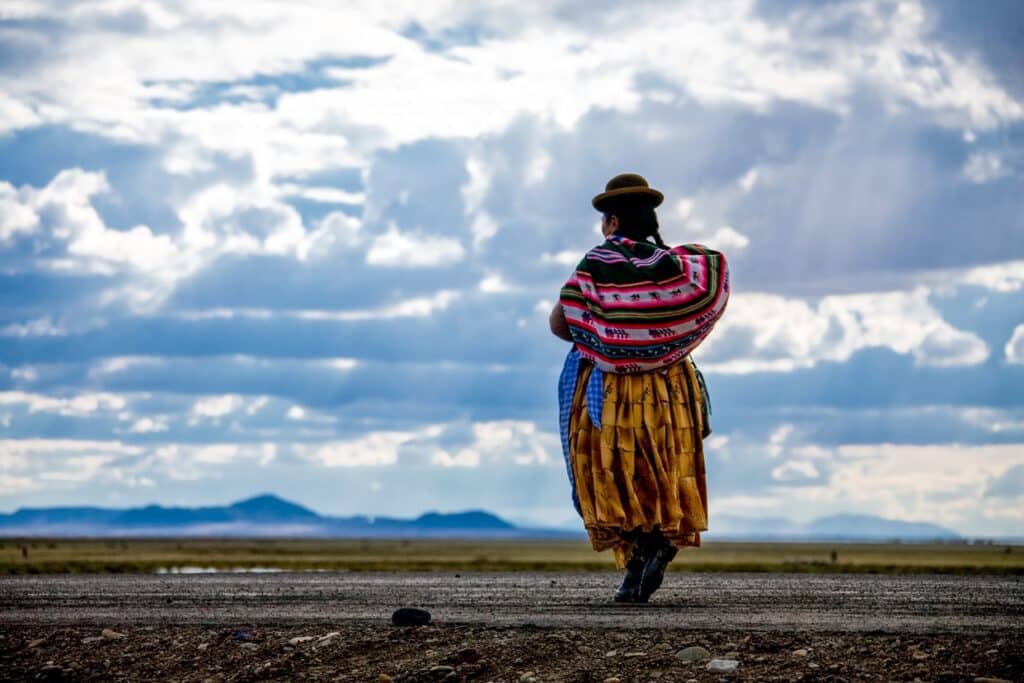Related Articles
Bridging the Gap from Stone Age to Space Age
The Jesuits had called them Zamucans; to the Bolivian farmers and villagers living on the edge of the jungle they were Barbaros or Yanaiguas. In great fear the Paraguayans spoke of them as the Moros. They called themselves Ayore, one of the nomadic hunting and gathering tribes of South America.
Peoples on the Move
Missionaries today can focus their energies on all kinds of needy peoples or special ministries, such as tribal work, urban evangelism, street children, radio work, or Jewish and Muslim evangelism. Left out, however, has been a type of people among whom God’s work of blessing the nations first began—the nomads.
God’s Grace Abounds Among the Quechua
By Pío Víctor Campos Barco | Nearly half of Bolivia’s population come from its Indigenous communities of which the Quechua are the largest. Yet gospel resources in Quechua remain limited. While many Quechua people enthusiastically participate in church, few have experienced the transformation of the gospel because they don’t understand it.
Peoples on the Move
Missionaries today can focus their energies on all kinds of needy peoples or special ministries, such as tribal work, urban evangelism, street children, radio work, or Jewish and Muslim evangelism. Left out, however, has been a type of people among whom God’s work of blessing the nations first began—the nomads.
#Iwitness: God’s Amazing Work in Our World
This past year, we solicited articles from Christian workers all over the world. We asked, “How is God touching the hearts of people where you work—and how has it impacted your faith?” We called this our #Iwitness campaign and received dozens of responses covering almost every continent of the world. Our goal was to inspire you to work faithfully and patiently for God where he has called you. We have included seven stories here. You can read the rest here.
We have also created a downloadable PDF for you to save and read later, or share with others.

